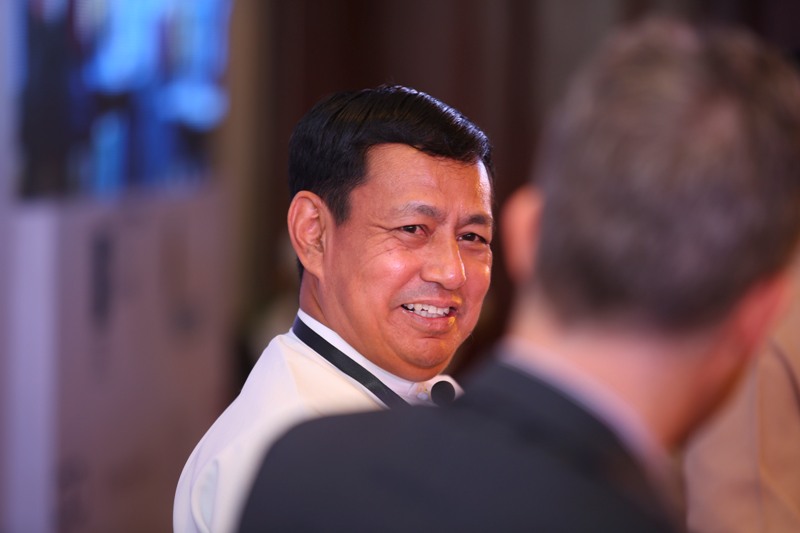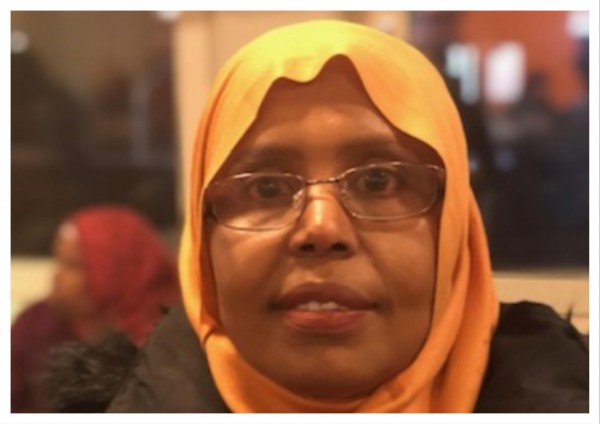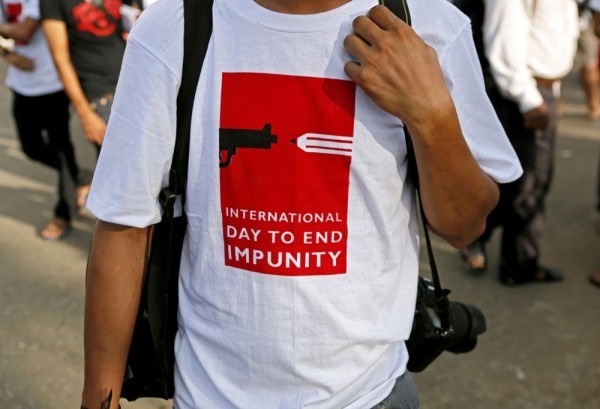Myanmar Information Minister U Ye Htut today acknowledged setbacks in the country’s transition to democracy, but he assured participants at the opening ceremony of the International Press Institute (IPI)’s 2015 World Congress that the reform process “is irreversible”.
“There is no turning back”, he said in an address that followed remarks by leaders of IPI and Mizzima Media, IPI’s local partner, highlighting recent negative developments and calling on the government to work to create and protect media freedom in advance of elections later this year.
Despite large steps forward since 2011, Myanmar’s transition away from direct military rule has been marred by a number of developments, including the imprisonment of journalists and, in recent weeks, the beating and detention of journalists seeking to cover protests.
Those incidents and frustration with the pace of progress led some local media to call for a boycott of events involving the information minister and Myanmar President Thein Sein. U Ye Htut’s speech to the World Congress was interrupted by a demonstrator carrying a sign calling on the government to “Stop –beating –arresting -imprisoning Journalists”, but the information minister said the incident was a “sign of change” and he told members the audience to applaud the protestor for speaking out.
U Ye Htut said that, like other countries’ transitions, Myanmar’s had seen both positive and negative developments, which he said showcased the need for Myanmar’s government to work with the international journalist community. He conceded that further reforms likely would not come until after elections, but he argued that his ministry was currently laying the groundwork for action to take place then.
The information minister also said that the government was investigating reports that police beat and detained journalists covering recent protests. But he declined a request by fellow panellists in a discussion following his speech to press Myanmar’s president to immediately release journalists imprisoned in the country, saying those journalists should appeal decisions against them to establish favourable precedents or pressure Parliament to amend the laws under which they were targeted.
He did, however, reject a suggestion that the government would seek to use legislation prohibiting unapproved assemblies to punish the demonstrator who interrupted his remarks or journalists who protested outside the venue.
During the discussion – which included U.N. Special Rapporteur on Free Expression David Kaye, noted Canadian human rights lawyer Toby Mendel and MP Phyo Min Thein, of the opposition National League for Democracy, and was moderated by IPI Executive Director Barbara Trionfi – panellists praised the degree of reform Myanmar had already achieved.
But they said more progress was necessary, urging the country not to compare itself with its past, but to push to meet international standards protecting the right to free expression, to work with journalists during the reform process and to end impunity for attacks on journalists.
Minister U Ye Htut’s comments and the panel discussion followed remarks by IPI Executive Board Chair Galina Sidorova, IPI Executive Director Barbara Trionfi and Mizzima Media Editor-in-Chief and Managing Director Soe Myint opening the World Congress. The three made similar calls and they noted the important role journalists had played and continued to play in the ongoing transition.



